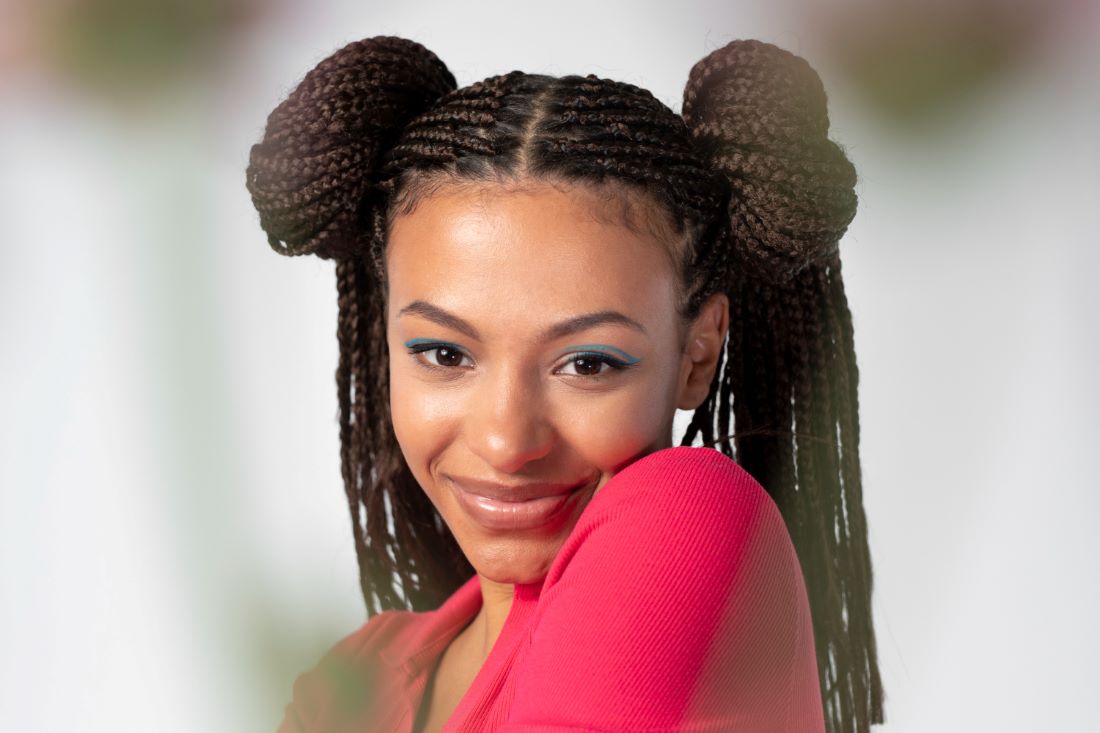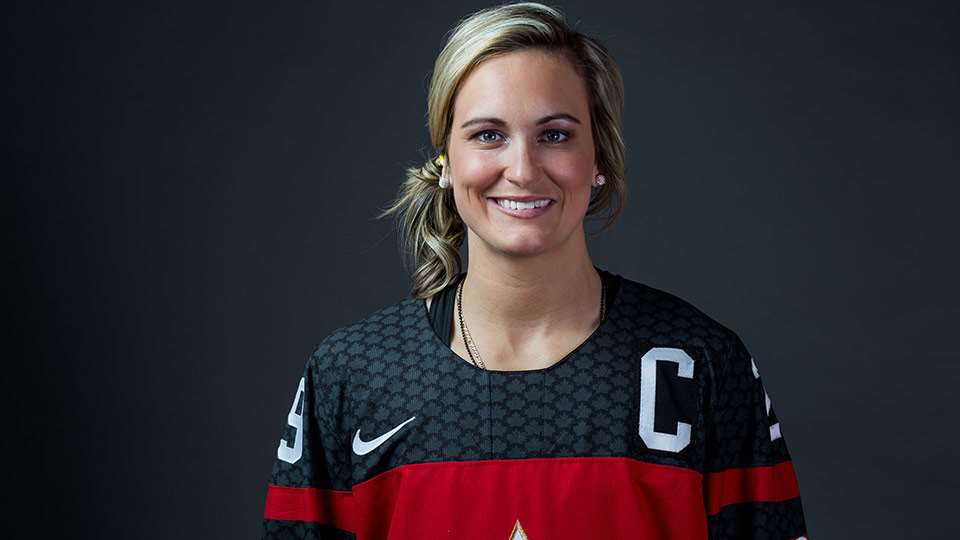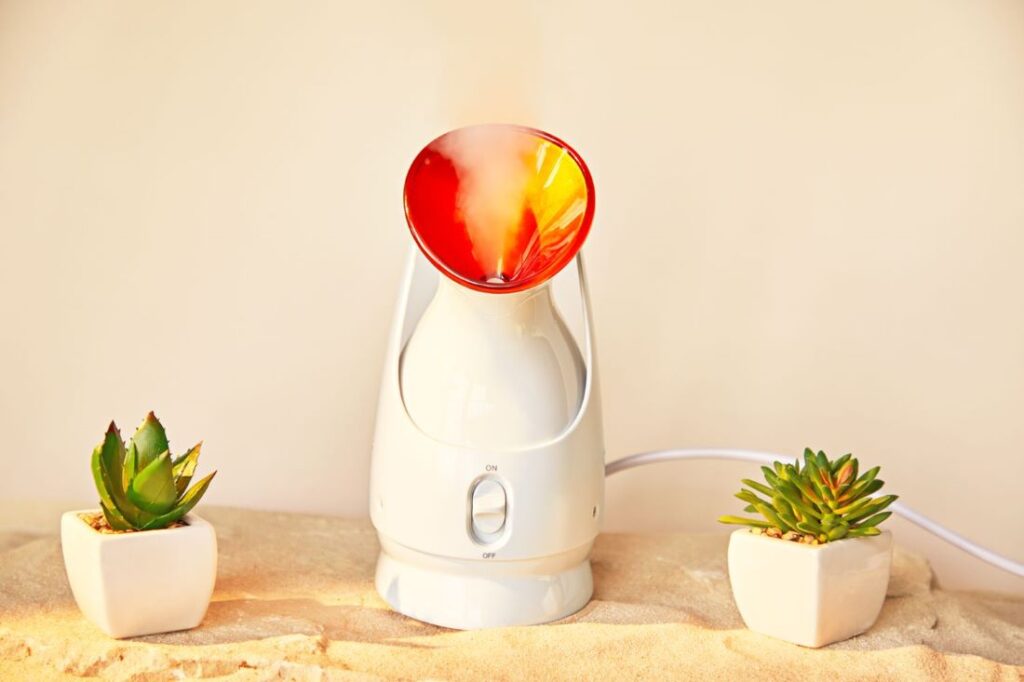Staying on Top of Her Game
One thing is obvious since Marie-Philip Poulin won her first game and started giving interviews: she does not enjoy talking about herself. The three-time Olympic Gold Medal winner and Captain of the Canadian women’s national ice hockey team regularly deflects any personal questions, especially ones about her behaviour on the rink, instead she focuses her attention on her team. It’s humbling, but perhaps inadvertently it serves another purpose — to turn the spotlight on all Canadian women in sports.
Known by fans as “Captain Clutch” or simply the GOAT of Canadian women’s hockey (and “Pou” to teammates), Poulin was born in Beauceville, Quebec, where she initially started out figure skating before following her brother’s example in playing ice hockey. When she was 15, she played in the first-ever women’s U-18 national game, her teammates were blown away by her skills.
Poulin was still in high school when she was selected for the 2010 Olympic Winter Games. Poulin scored two goals and defeated the American team, and she returned home a champion. Even more stunning was her position. Poulin was in the fourth line, with no expectation of getting much time on the ice. This wasn’t her only crowning achievement.
In the 2014, Sochi Olympics, despite coping with an ankle injury, Poulin scored against the US with 26 seconds left to go, tying the game, and effectively securing another gold win in what is considered one of the greatest comebacks in Canadian history. In 2018, she returned to the Winter Games in Pyeongyang, taking home the silver medal.
With four consecutive Olympic appearances, three gold medal wins and goals in the triple digits, Poulin has already been earmarked for the Hall of Fame. Her input has been sought in the NHL, serving as a consultant for the Montreal Canadiens. She’s reportedly taking a break from playing professionally, but she’s still making history. When speaking to the press, she always makes sure to include her team. Talking of a recent loss, Poulin said, “This group is very special. We will learn from it.”
It’s that inclusive language that’s needed in women’s sports. Currently, fewer than 20 per cent of Canadian woman participate in sports, as opposed to 34 per cent in the United States. This underrepresentation could be improved by coaching or watching other players, or as research points out, having more women coaches. With role models like Poulin, Canadian women don’t have to look far, she’s making remarkable efforts to spotlight women’s hockey. Poulin regularly encourages women to watch live hockey games to effectively learn the needed skills.
Don’t expect Poulin’s hiatus to last long. At 31, she’s already talking about her desire to get back to the Olympics.
Kenny Hedges | Contributing Writer








